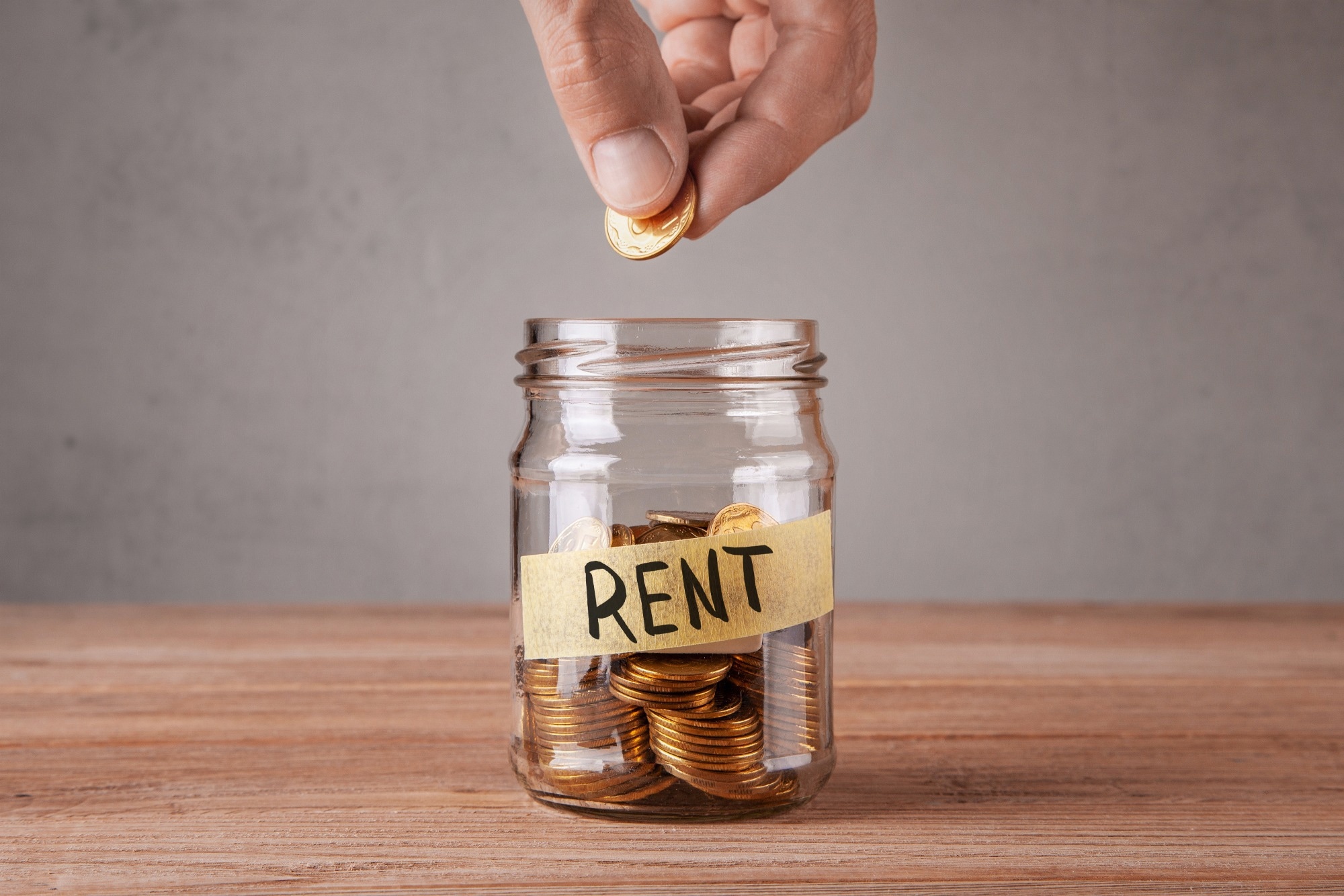The biological impact of renting, as opposed to owner occupancy, is nearly double that of being out of work vs having paid employment, the findings suggest.
Fortunately, these effects are reversible, emphasizing the importance of housing policy in health improvement, say the researchers.
Numerous aspects of housing are associated with physical and mental health, including cold, mold, crowding, injury hazards, stress, and stigma. But exactly how they might exert their effects isn't entirely clear, say the researchers.
 Study: Are housing circumstances associated with faster epigenetic ageing?. Image Credit: ADragan / Shutterstock
Study: Are housing circumstances associated with faster epigenetic ageing?. Image Credit: ADragan / Shutterstock
To explore this further, they drew on epigenetic information alongside social survey data and signs of biological aging captured through evidence of DNA methylation in blood samples.
Epigenetics describes how behaviors and environmental factors can cause changes that alter how genes work, while DNA methylation is a chemical modification of DNA that can alter gene expression.
They used data from the representative UK Household Longitudinal Study (UKHLS, usually referred to as Understanding Society) and survey responses from the British Household Panel Survey (BHPS), which also became part of Understanding Society.
They mined the information available in the UKHLS on material elements of housing: tenure, building type, government financial support available to renters, presence of central heating as a proxy for adequate warmth, and location in an urban or rural area. Psychosocial elements were also included housing costs, payment arrears, overcrowding, and moving expectations and preferences.
Additional health information was subsequently collected from the 1420 BHPS survey respondents, and blood samples were taken for DNA methylation analysis. Information on historical housing circumstances was gleaned by pooling each respondent's responses from the past ten years of the BHPS survey.
When analyzing all the data, the researchers accounted for potentially influential factors: sex, nationality, education level, socioeconomic status, diet, cumulative stress, financial hardship, urban environments, weight (BMI), and smoking. Because the pace of biological aging quickens in tandem with chronological aging, this was also factored in.
The analysis showed that living in a privately rented home was associated with faster biological aging. What's more, the impact of renting in the private sector, as opposed to outright ownership (with no mortgage), was almost double that of being out of work rather than being employed. It was also 50% greater than having been a former smoker as opposed to never having smoked.
When historical housing circumstances were added to the mix, repeated housing arrears and exposure to pollution/environmental problems were also associated with faster biological aging.
Living in social housing, however, with its lower cost and greater security of tenure, was no different than outright ownership in terms of its association with biological aging once additional housing variables were included.
This is an observational study, and as such, can't establish cause. And the researchers acknowledge several limitations to their findings. For example, there were no contemporary measures of housing quality, and the DNA methylation data came only from White European respondents.
But they conclude: "Our results suggest that challenging housing circumstances negatively affect health through faster biological ageing. However, biological ageing is reversible, highlighting the significant potential for housing policy changes to improve health."
They suggest that their findings are likely relevant to housing and health elsewhere, particularly in countries with similar housing policies.
"What it means to be a private renter is not set in stone but dependent on policy decisions, which to date have prioritised owners and investors over renters," they add.
"Policies to reduce the stress and uncertainty associated with private renting, such as ending 'no-fault' (Section 21) evictions, limiting rent increases, and improving conditions (some of which have happened in parts of the UK since these data were collected) may go some way to reducing the negative impacts of private renting."
Source:
Journal reference: